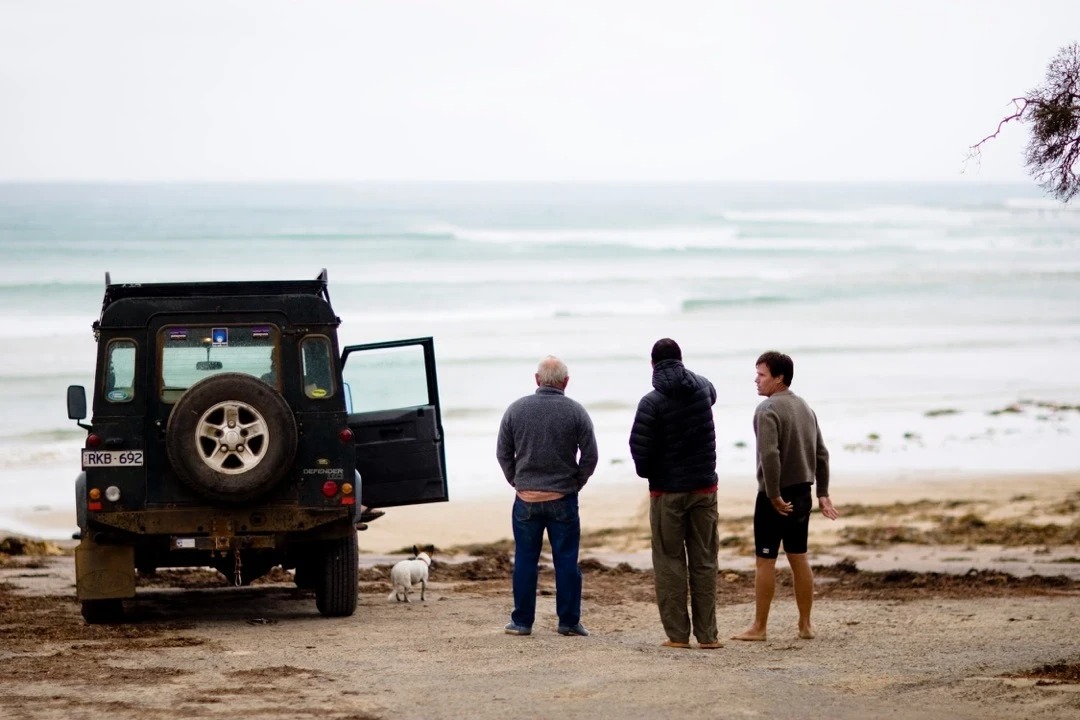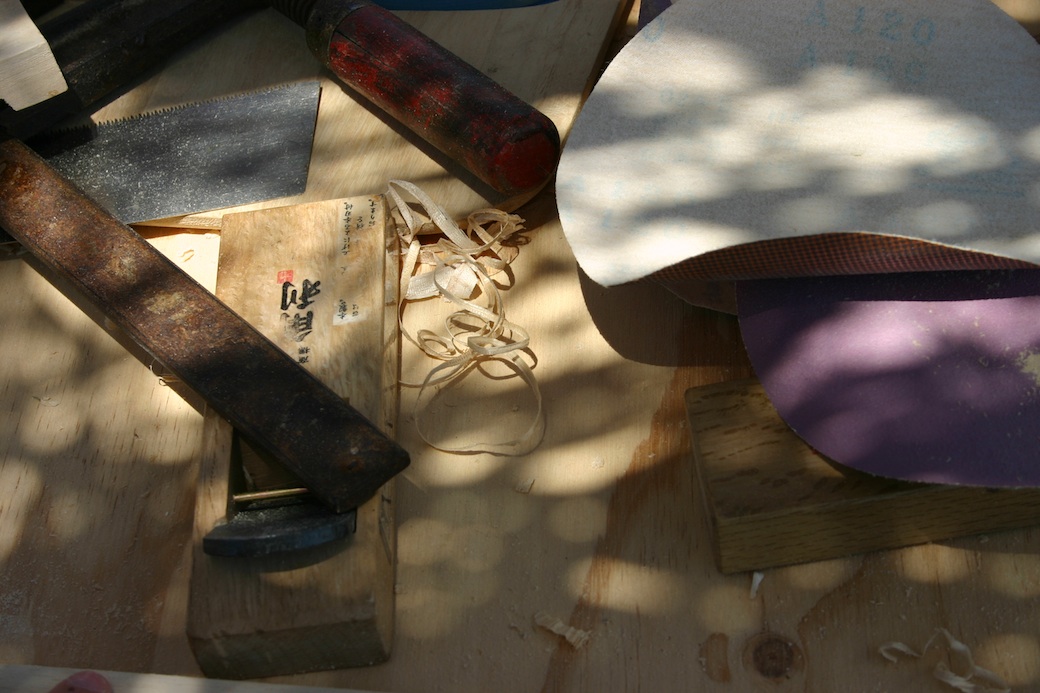
BALI | THE TROPICAL PARADOX
As I write this, I am surrounded by palm fronds and broad, green banana leaves. I sit at a rough hewn timber table, a thatched roof sheltering me from the tropical sun, my love sitting across the table from me, a raw coconut, decapitated to allow her to sip it’s contents, by her side. The sounds of birds, running water and the playful chatterings of a hundred Balinese school children grace our ears and our bellies are full of exotic fresh fruits and organic muesli.
This, apparently, is paradise.
I’m lucky and I’m grateful. Why wouldn’t I be? But this little spark of heaven is shining through a miasma of disillusionment and heartbreak. Despite its location and warm waters, it’s beautiful locals with their never-waning warm smiles, the freedom and luxury we receive at so little cost, I will never return to Bali.
I was in two minds, or hearts, about coming here. A cheap trip, work opportunities and the chance to break away from daily life lured me, but tales of pollution, airborne and trash, thousands of stray dogs and the wrong kind of tourist filled me with anxiety. It is devastating what has happened to this small island nation, for a significant part at our hands, and it’s only getting worse.
I have bought into a tourist trap and I am guilty. We Westerners think we are doing the country a favour. We bring our dollars and commerce, ex-pats validate their residence by strengthening the economy and employing maids, we see ourselves as the lifeblood of the country, but we are the strangler fig on a dying palm, choking Bali with our presence for nothing but personal gain.
Many will leap to the tourists’ defence, speaking of how there is little or no infrastructure to process trash or reduce pollution, that Indonesians don’t possess the awareness or education to properly recognise the garbage problem. But here’s the thing: would the trash even be here without us? I don’t mean that it is us creating the trash, nor am I implying that the locals don’t create it themselves. But, if we could go back to a time pre-tourism, before the self-benefiting impact of western visitors or influence, would there actually be an issue?
It’s like the lost tribes of the Amazon. So fixated by our own superiority, we journeyed deep into uncharted territories, intent on ‘helping’ the indigenous peoples, educating them with our western values and giving them the gift of civilised society. But what we brought was destruction, disease and corruption, wiping out entire tribes with the common cold, destroying a culture that had sustained itself in absolute harmony, with itself and it’s environment, for thousands, if not millions of years.
In Bali, we have created a need for employment, a demand for plastics, an overburdened infrastructure and a total disharmony. It has been stated that one of the reasons the litter is so bad is because the Balinese used to eat from banana leaves, casting the biodegradable crockery to one side when finished. But now their dish is made of plastic and will not break down, remaining forever in great rainbow coloured drifts along streets and beaches. The truth in this is questionable, but it does highlight the drastic, rapid and significant change western influence has had upon the Indonesian island.
Self-importance and arrogance may not cause global warming or the suffocating or starvation of marine life, but it is no less a crime and no less detrimental. We strut down the street, nouveau-riche with our multi-million rupia bank balances, throwing pittance to locals for goods and services that are beyond our financial reach back wherever home may be. The Balinese are so accommodating, giving endlessly, smiling continually, speaking near-perfect English for our convenience. And we the conceited accept it all without so much as a selamat pagi (good morning) or terima kasih (thank you).
There is an insurgence, for this is a war, of ex patriates, bringing wealth and commerce to Bali. Many are doing good, establishing organisations such as BAWA to protect and take care of the ever-growing stray dog population, or sustainable ventures to lessen the garbage issue. It is an almost impossible battle to win, but they pour their hearts and energies into it regardless. Many though, while they may contribute in some ways, do little but create an ever-widening disparity, a chasm of classes and cultures, not racism as such, but fuelling a ‘them and us’ mentality. This influx has rendered the now western priced real estate market, be it for building or land, well beyond the reach of the average indigene.
It has become a chicken-and-egg scenario from which there can be no return. Without tourism, perhaps Bali would still be an exquisite paradise, but if tourism were to end tomorrow, the economy would crumble. Visitors caused the problem that they too are the solution to. Despite the negatives we create, we have made ourselves indispensable.
The challenge now, and one that is a metaphor for so many parts of the world, is not to attempt to revert to a Bali pre-tourism, but to make a new future of sustainability, equanimity and harmony.
Organisations are beginning to emerge that provide scholarships for the children of poor families to gain an education. But, rather than to educate them on our terms, creating a generation of little Indonesian westerners, they are only eligible for the grant if they maintain their cultural way of life, working alongside their families as their parents did before them but offering more expansive opportunities.
Bali has come too far. It will never be the idyll it once was. It is easy for us to fall into a state of arrogance, consuming at a level beyond the average Indonesian thanks to favourable exchange rates and bulging bank accounts, be we tourist or temporary resident.
But we must resist. As with any travel, we are guests in their home. Respect is paramount, observing culture and tradition and, while we may have a good time, realising that it existed long before we arrived and will do so long after we have departed, and never solely for our enjoyment. Practice humility – these places were not created for us.
The boat is ready to set sail on the changing tide, one of positive futures, environmental awareness and global equality. Now we’ve just all got to get on board.
Leave only footprints, take only memories.
– This article first appeared on Common Ground Australia on Mar 28, 2014
All Photos: ©SubCutanea
You May Also Like

HARMONIES | LOUIE & PATRICK
June 2, 2015
GLEN CASEY | EXALTATIONS
August 1, 2021






